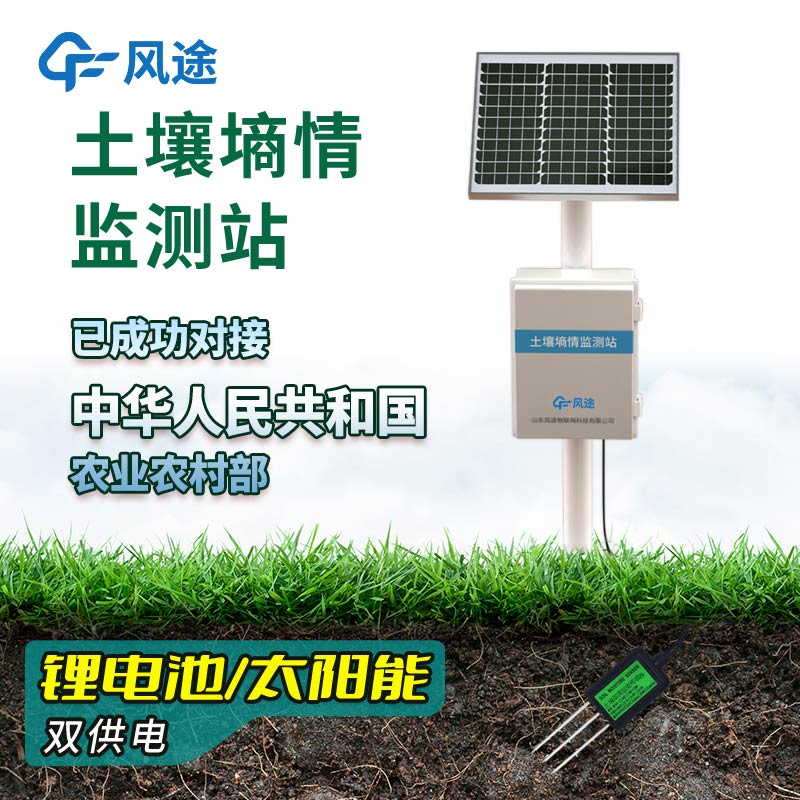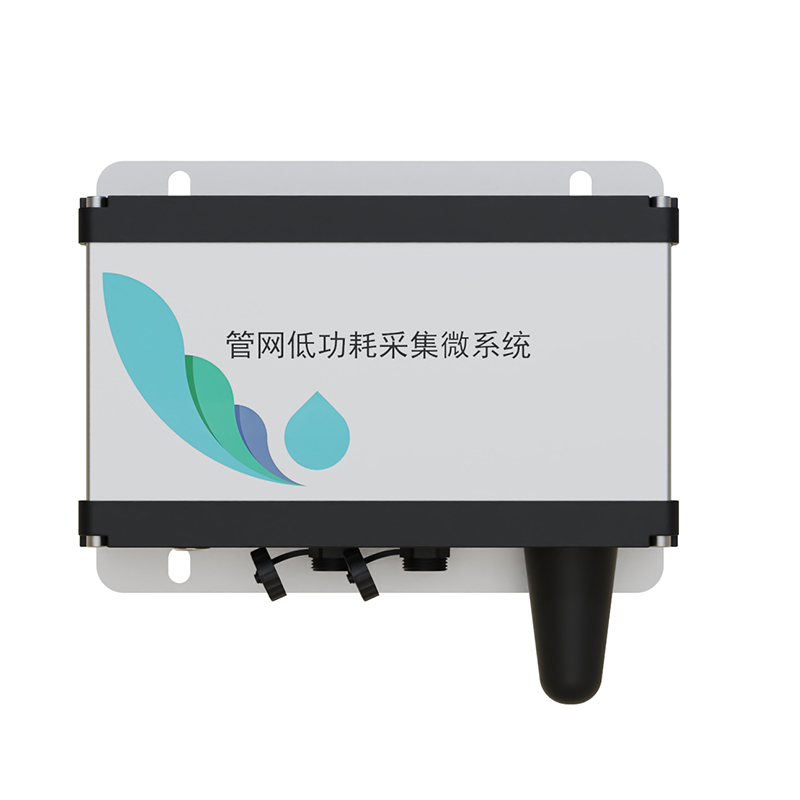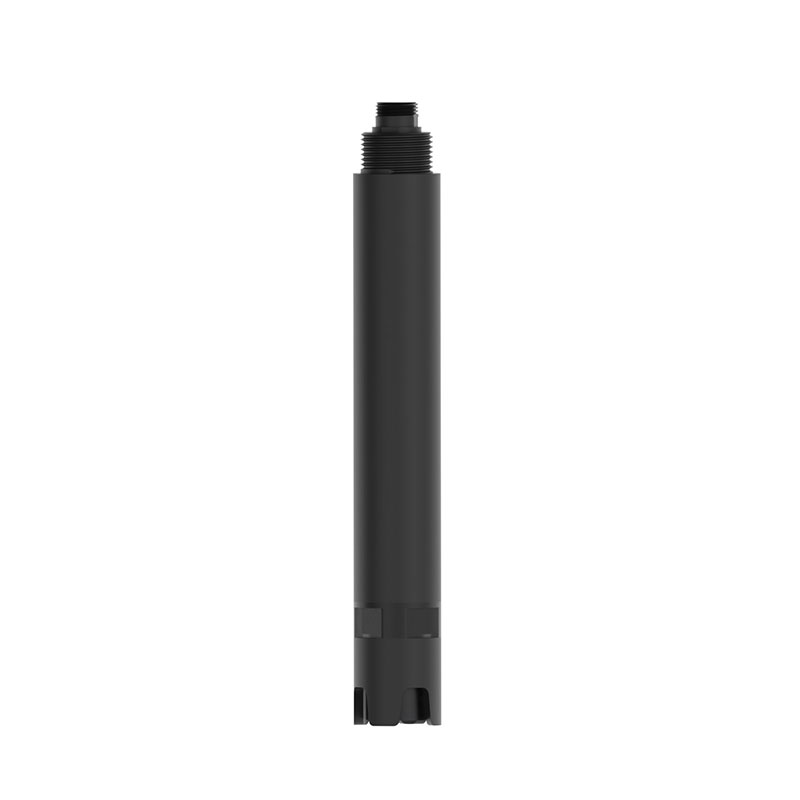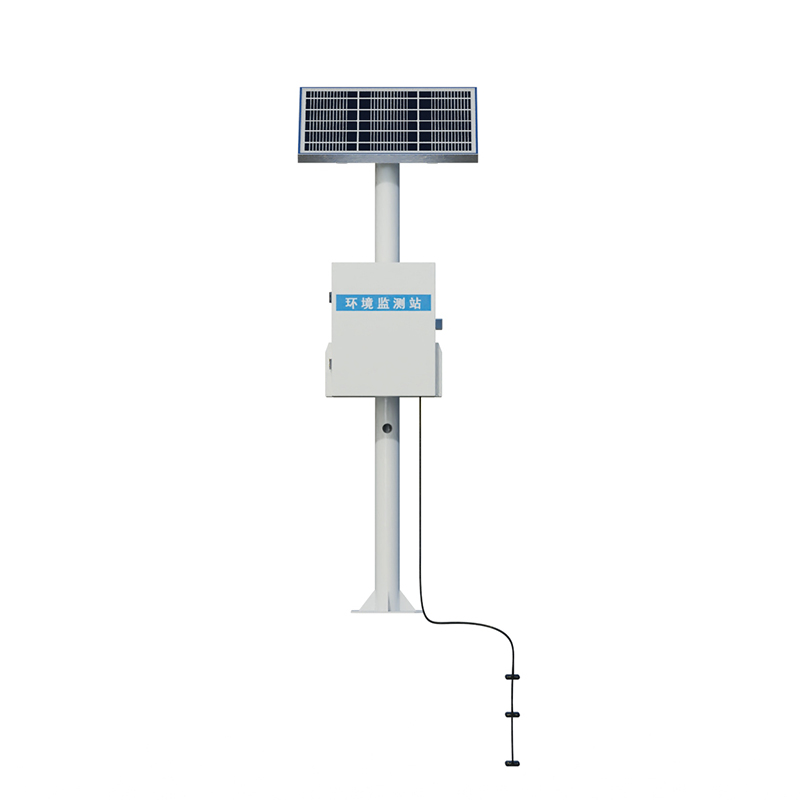In the field of agricultural production, Soil Moisture Testing Equipment holds a significant position, and its various advantages are continuously promoting the transformation from traditional agriculture to modern agriculture.
Accurate monitoring of soil moisture conditions is a highly prominent advantage of this system. With high-precision sensors, it can penetrate into different layers of the soil, precisely measure the water content, and transmit the data in a timely manner. As a result, farmers no longer rely on subjective experience to judge the timing and amount of irrigation. Instead, they carry out precise irrigation based on accurate soil moisture data. Taking the smart greenhouse in Gaoping, Shanxi as an example, growers can accurately grasp the degree of soil water shortage and the time nodes according to the data provided by the monitoring system, effectively preventing water waste caused by over-irrigation and the adverse effects of insufficient water on crop growth. This not only reduces water costs but also creates a stable and suitable growth environment for crops, significantly improving crop yield and quality.
Soil Moisture Testing Equipment also has the ability to integrate multiple data, thereby providing comprehensive and scientific bases for agricultural production decisions. In the application scenarios of the Wuyang National Basic Meteorological Station in Luohe, Henan and the Xingfeng Planting Farmers' Professional Cooperative in Wangqiansi Town, Jing County, Hebei, in addition to focusing on monitoring soil moisture, this system also takes into account various types of data such as atmospheric temperature and humidity, groundwater level, soil salinity, and meteorological changes. This enables farmers to comprehensively and systematically understand the overall environmental conditions of the farmland, plan strategies in advance to deal with complex situations such as climate change and soil fertility fluctuations, and arrange farming activities scientifically. For example, based on comprehensive data information, farmers can accurately determine the best timing and appropriate amount of fertilization, thereby significantly increasing the utilization rate of fertilizers and reducing agricultural non-point source pollution caused by excessive fertilizer application.
The soil moisture monitoring system widely deployed in a large area, such as the precise monitoring network constructed in Henan Province, can provide crucial data support for the formulation of regional agricultural development plans and the overall coordination of flood control and drought relief work. Relevant management departments can accurately predict the occurrence trends of agricultural drought and flood disasters, allocate various resources in advance, ensure the stable and orderly progress of agricultural production, and effectively promote the sustainable development of agriculture with the help of these massive and detailed data.

This paper addresses:https://fengtusz.com/industry/546.html









